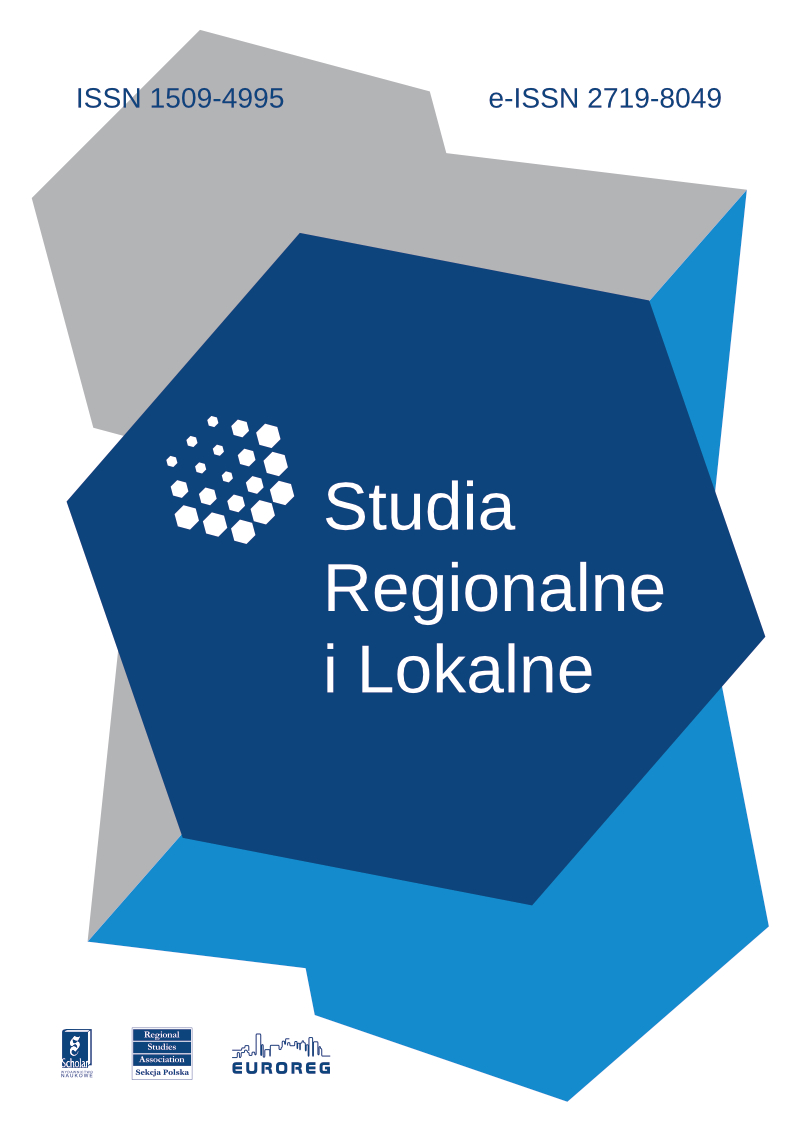Issue:
5(Special Issue)/2009 (no guest editor)
Małgorzata Dymnicka
Fragmentation of Public Space - An Attempt at Recomposition
Fragmentation of Public Space - An Attempt at Recomposition
The article was published in Polish in "Studia Regionalne i Lokalne", 3/2008
Public space of the post-modern epoch is a conglomerate or blend of discontinuous functions, a collection of loosely connected fragments, increasingly more frequently unrelated to a city. People compose for themselves their own town from individual trajectories that are outlined by means of motor roads. Neo-liberal logic of city development recognizes the rule of spontaneity wherever the interest of big capital groups dominates, pushing onto the sidelines the more important task of contemporary urban planning – the protection and development of public spaces. Due to the crisis it is undergoing at present (commercial pressure), the efforts are taken to regain its social and spatial significance. The purpose of these transformations is bonding public spaces with broader surroundings (with open terrains, waterside zones, promenades, playgrounds, etc). Such recomposition is part of a regeneration process that unites the city and reconstructs the identity of the place where relationships of inhabitants with their urban environment were not completely abandoned.
Affiliation:
Małgorzata Dymnicka: Department of Urban and Regional Planning, Faculty of Architecture, Gdańsk University of Technology (ul. Gabriela Narutowicza 11/12 80-233 Gdańsk);
mdym@pg.gda.pl 


